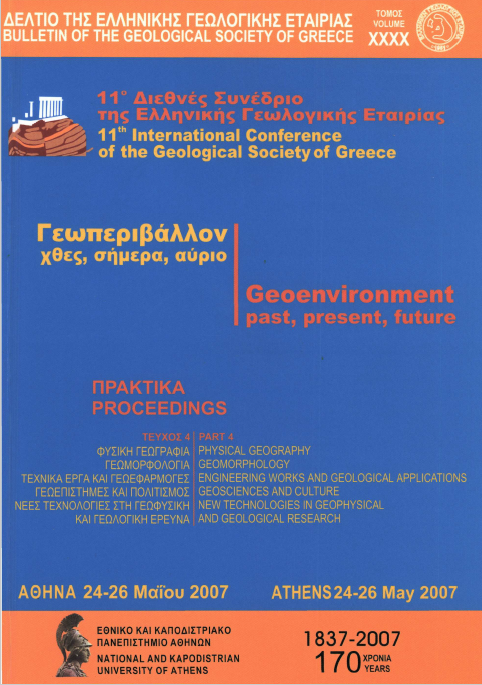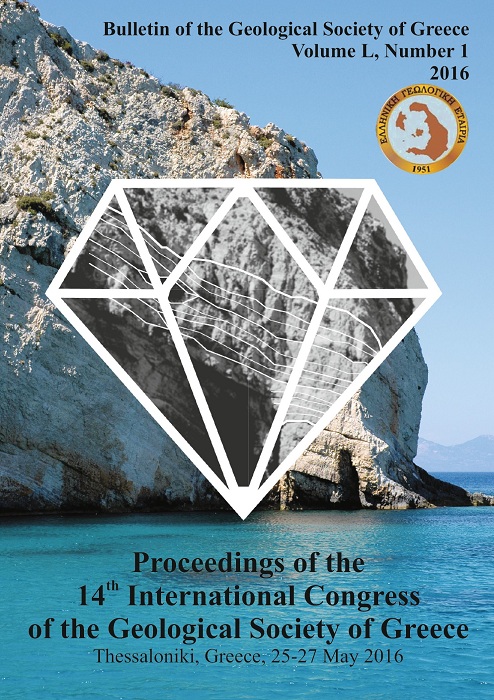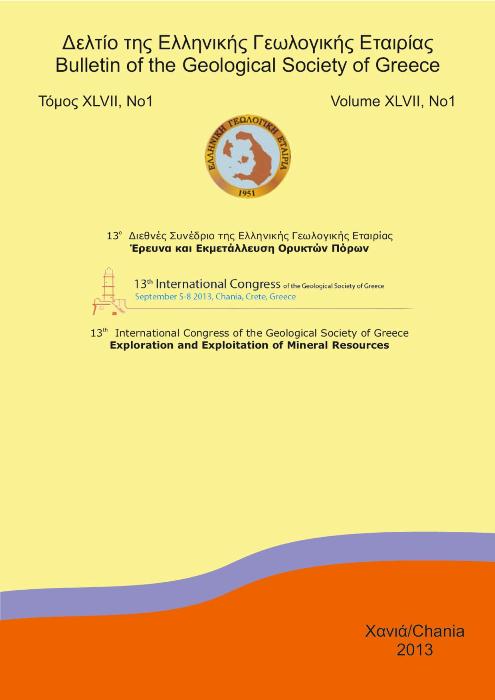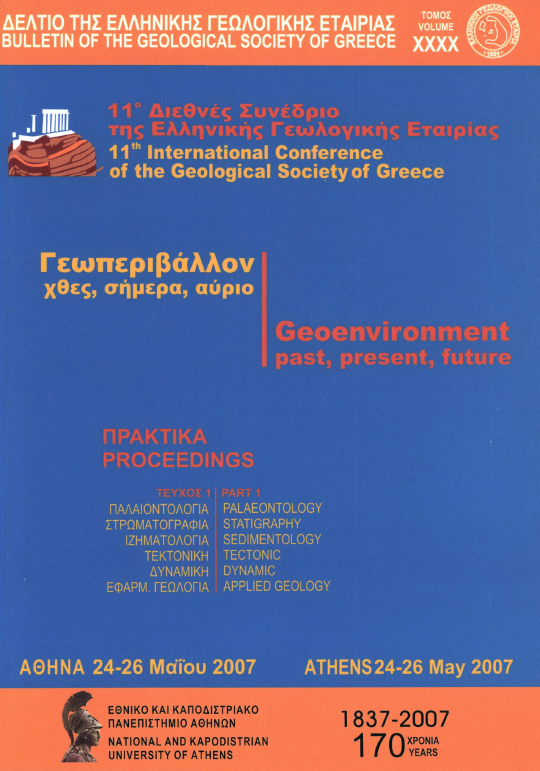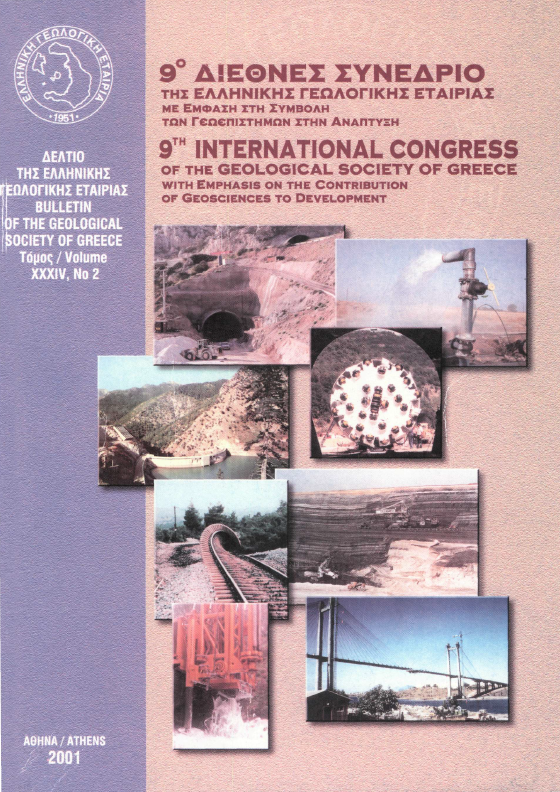An innovative data mining procedure, using clean algorithm and factor analysis, for irregularly sampled temporal environmental data sets
Résumé
Environmental data are often irregularly collected in the time domain due to various reasons which affect the field sampling schedule. As a result, data sets with uneven time step and time periods with no measurements are frequently built. Many problems occur in such data sets when processed owing to that neither statistical nor spectral analysis methods can easily be applied to them without any specific pre-treatment. In our study it is demonstrated a unified methodological scheme especially designed to deal with incomplete and unevenly sampled temporal data sets. This method consists of the CLEAN algorithm and the Factor analysis. The proposed methodology is successfully applied to data sets that belong to two sampling sites of the Greek river Strimonas
Article Details
- Comment citer
-
Fakiris, E., Papatheodorou, G., & Panagiotopoulos, P. (2007). An innovative data mining procedure, using clean algorithm and factor analysis, for irregularly sampled temporal environmental data sets. Bulletin of the Geological Society of Greece, 40(4), 1947–1958. https://doi.org/10.12681/bgsg.17225
- Rubrique
- New Technologies in Geophysical and Geological Research

Ce travail est disponible sous licence Creative Commons Attribution - Pas d’Utilisation Commerciale 4.0 International.
Authors who publish with this journal agree to the following terms:
Authors retain copyright and grant the journal right of first publication with the work simultaneously licensed under a Creative Commons Attribution Non-Commercial License that allows others to share the work with an acknowledgement of the work's authorship and initial publication in this journal.
Authors are able to enter into separate, additional contractual arrangements for the non-exclusive distribution of the journal's published version of the work (e.g. post it to an institutional repository or publish it in a book), with an acknowledgement of its initial publication in this journal. Authors are permitted and encouraged to post their work online (preferably in institutional repositories or on their website) prior to and during the submission process, as it can lead to productive exchanges, as well as earlier and greater citation of published work.

